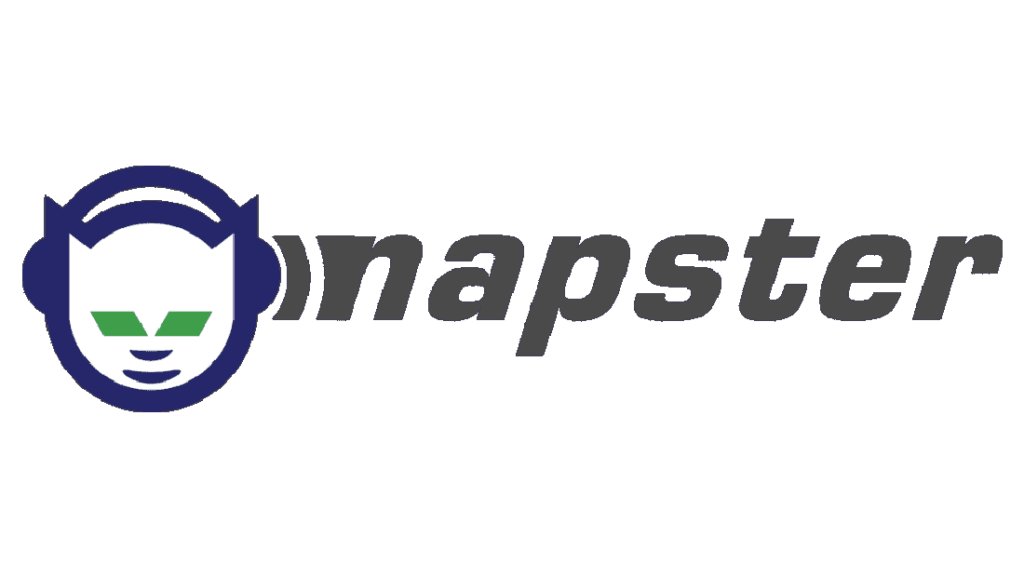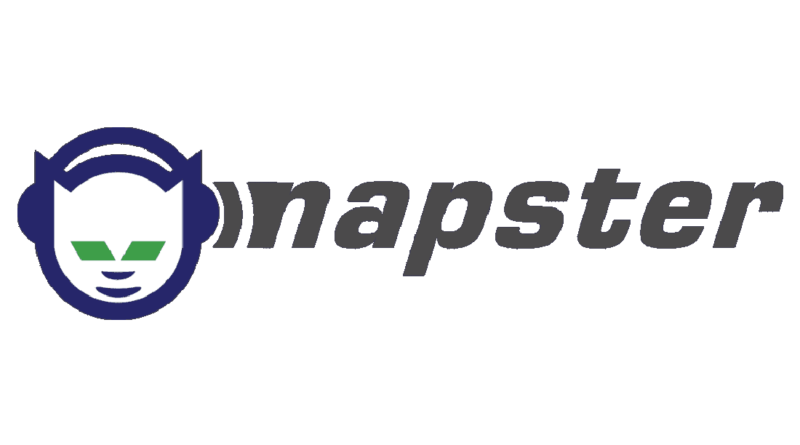HEAVY MUSIC HISTORY: Napster
A seismic change hit the music industry with the founding of Napster twenty five years ago in 1999. Artists and record labels scrambled to stop the uprising of over 57 Million users sharing their favourite songs for free from their homes and college campuses. Despite the website’s prime only lasting three short years, Napster sent waves through the music and tech industries that are still being felt to this day.
It’s hard to overstate the impact peer to peer file sharing had on the average music fan in the late 90s and early 2000s. In the dark pre-internet ages if you wanted to hear a song you’d have to own the physical CD, tape or record, the closest you could get to the upcoming piracy boom was waiting for a song to be played on the radio and get a scratchy recording onto a cassette tape. Everything changed with the dawn of the MP3; if you wanted to hear a song you merely had to boot up your file sharing website of choice and within minutes you’d be hearing MMMbop by HANSON or Closer by NINE INCH NAILS.
Prior to Napster’s founding in 1999 by teenagers Sean Parker and Shawn Fanning, services like IUMA (the Internet Underground Music Archive) and MP3.com allowed surfers on the information superhighway to upload and download recently popularised MP3 files, either shared by up-and-coming bands or ripped from CDs. These tended to be underground experiments though rather than mainstream breakthroughs for a user base which tended to be college students. Napster certainly wasn’t the first of these sites but it was the first to garner the kind of widespread attention which record labels and their lawyers couldn’t ignore.
Enter METALLICA. By the turn of the millennium, they had broken free of their underground thrash metal roots to become one of the biggest bands on the planet. In April 2000 the band were holed up working on their single I Disappear for the Mission Impossible: II soundtrack when they discovered that an early demo of the track was already receiving radio airplay. The leak was traced back to Napster where much of the band’s back catalogue was available for download free of charge. METALLICA were swift to act, filing a lawsuit, sending cease and desist letters to universities whose students made up a large part of the user base of Napster and demanding $10M, or $100,000 per pirated song, in damages. Other artists and labels piled on including rapper DR. DRE whose complaints resulted in hundreds of thousands of Napster accounts being terminated.
The copyright infringement lawsuits were settled the following year, leading to Napster blocking the sharing of songs by artists who requested they be removed. Napster were ordered to charge for their music and pay artists a fair portion or cease trading, triggering a pivot to a more legitimate business model and ending Napster’s wild west file sharing.
Not long after their legal troubles, Napster filed for bankruptcy, later being acquired and cannibalised by numerous companies. Their glory years from 1999 to 2001 were over, their millions of users left to find their music elsewhere. The industry moved on, taking notes from Napster‘s successes and failures and launching their own MP3 marketplaces. Apple unveiled iTunes in 2003, bringing the accessibility of Napster back to the masses and allowing users to download any track they wanted for only $0.99 a pop. As the internet sped up and became more widely available streaming services like Spotify let their users access music anywhere for a monthly subscription fee but garnering criticism for paying artists only a fraction of a penny more than Napster.

Napster was originally founded on June 1, 1999

